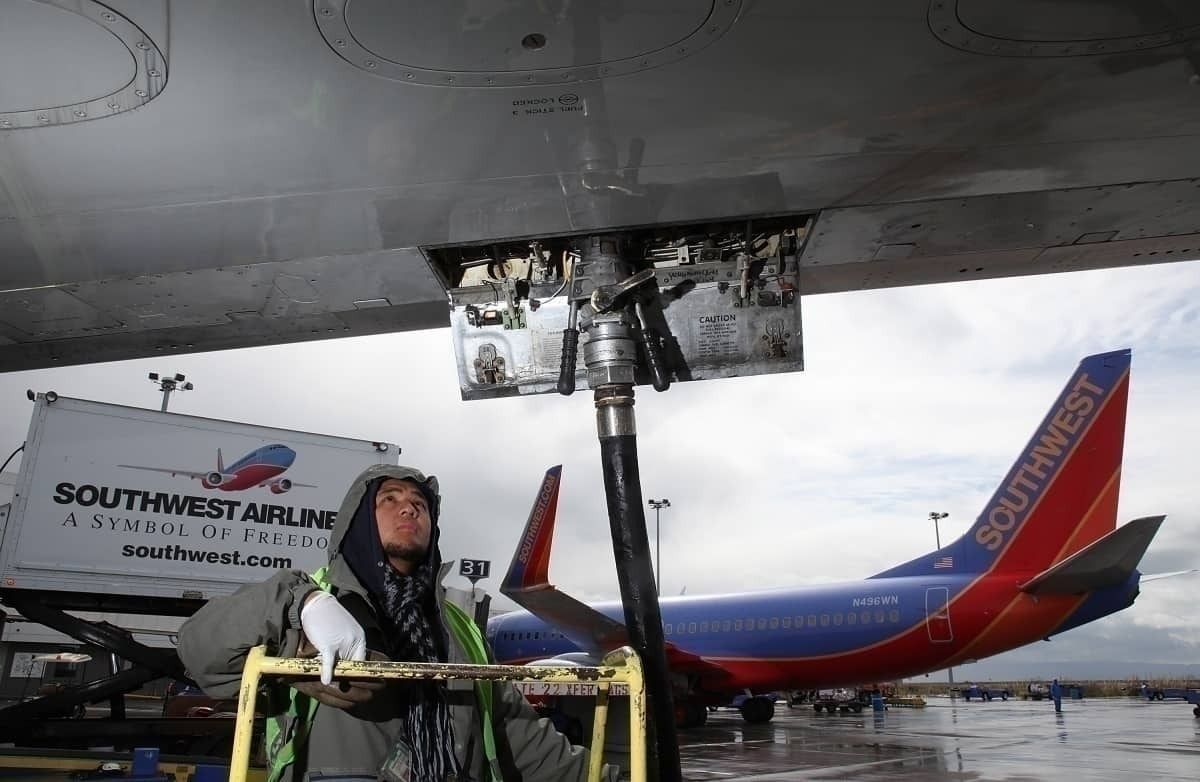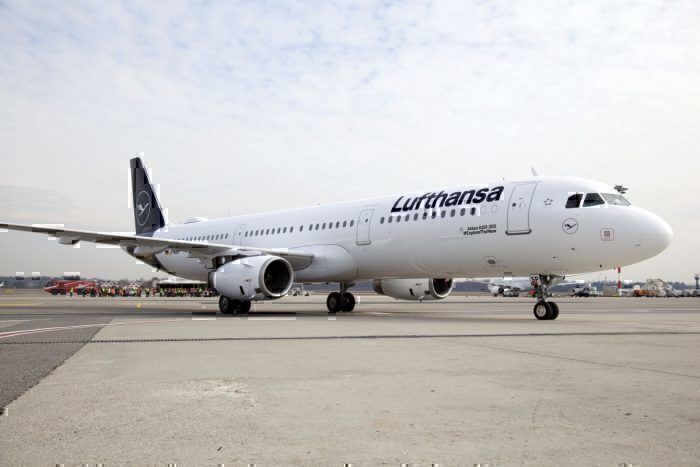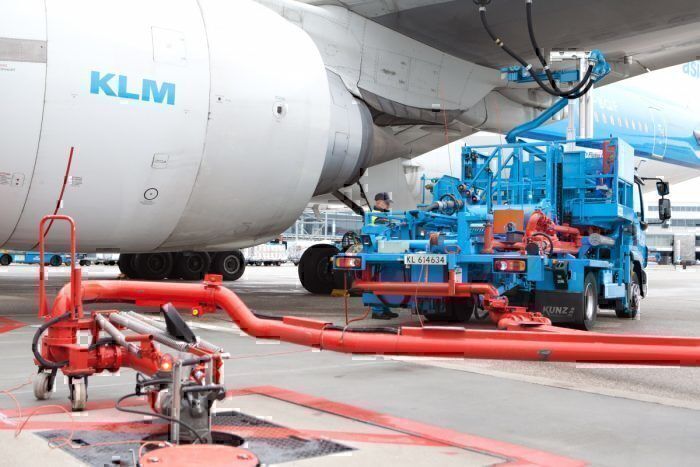Sustainable aviation fuel is being touted as one of the ways to attempt to reach increased carbon neutrality. However, the big headache with sustainable aviation fuels is their availability. This is one of the things that was highlighted at yesterday’s Airlines For Europe conference in Brussels.
Anything that can help airlines in their fight against climate change is a welcome addition. However, despite slowly being rolled out, Sustainable Aviation Fuels still have an awful long way to go. Lufthansa is one of the airlines offering sustainable aviation fuels through its carbon offset scheme, Compensaid.
Availability
The number one issue with sustainable aviation fuel currently is availability, or lack thereof. In fact, despite the huge potential for environmental benefits, sustainable aviation fuels remain scarce. To put this into context, yesterday Lufthansa’s CEO Carsten Spohr said that if the entire global supply of sustainable aviation fuel was used across Lufthansa’s operations It would only last for 36 hours.
Of course, with further research and investment, it should become easier and cheaper to create sustainable aviation fuel. However, for the time being, that is not the case. That is partly down to the financials of the fuel. Let’s take a look at the reason.
Cost
Due to its limited availability, tied with the difficulty needed to produce the fuels, high costs are associated with its purchase. As a result, it is not economical for airlines to routinely purchase the fuels. As a further result of this, some airlines, such as Lufthansa, use donations from willing passengers to purchase this fuel.
The whole situation creates a bit of a slippery slope. Airlines aren’t able to routinely invest in the fuels due to their cost. As a result, there is little money to go into the research and development of sustainable aviation fuel. As a result of this, supply remains scarce and production costs remain high, restarting the cycle once more.
The future?
One message that was presented quite clearly at yesterday’s Airlines for Europe conference is the importance of sustainable aviation fuels moving into the future. In fact, speaking on the matter, Airlines for Europe said,
“Boosting the production and uptake of SAFs will be essential if EU airlines are to succeed in reducing their carbon footprint. In 2012, the EU set a target of producing two million tons of SAFs in Europe. Eight years later, production is significantly behind schedule.”
However, while this is the case, some airlines are taking the commitment seriously. For example, while Lufthansa is offering sustainable aviation fuel to passengers via its Compensaid platform, airlines such as British Airways are investing large amounts in future sustainable aviation fuel plants. This will help airlines reach goals such as being carbon neutral by 2050.
What do you make of the sustainable aviation fuel market? Does more need to be done to increase its hold on the market, or is it a gimmick? Let us know your thoughts in the comments!



